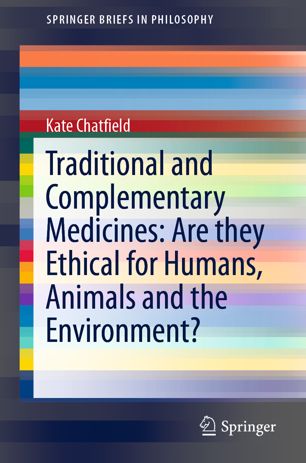

Most ebook files are in PDF format, so you can easily read them using various software such as Foxit Reader or directly on the Google Chrome browser.
Some ebook files are released by publishers in other formats such as .awz, .mobi, .epub, .fb2, etc. You may need to install specific software to read these formats on mobile/PC, such as Calibre.
Please read the tutorial at this link: https://ebookbell.com/faq
We offer FREE conversion to the popular formats you request; however, this may take some time. Therefore, right after payment, please email us, and we will try to provide the service as quickly as possible.
For some exceptional file formats or broken links (if any), please refrain from opening any disputes. Instead, email us first, and we will try to assist within a maximum of 6 hours.
EbookBell Team

4.4
52 reviewsThis book provides a systematic analysis of the ethical implications of traditional and complementary medicine (T&CM), focusing on pragmatic solutions. The author uses a bioethical methodology called the “Ethical Matrix,” to consider the impact of T&CM use for animals and the environment as well as for humans.
A systematic search of the literature reveals that most published ethical concerns are related to the safety of T&CM use for humans. However, application of the Ethical Matrix demonstrates that the ethical implications for T&CM use are much broader. In this book, the author analyses the most serious implications, including adverse events related to homeopathy, the use of animals in T&CM products, and the impact of herbal medicine on the environment. Comparisons with the ethical implications of conventional biomedicine help readers to contextualise debate, and highlight aspects that may be unique to T&CM.
Globally, many high-level health policy makers promote T&CM as an accessible and affordable healthcare option. However, their use is considered by some to be a waste of resources, unscientific, and unethical. Offering a frank analysis of this largely ignored field of healthcare ethics, this book is both timely and essential. It helps patients, policy makers, practitioners, researchers, and students gain the knowledge they need to make more informed decisions.